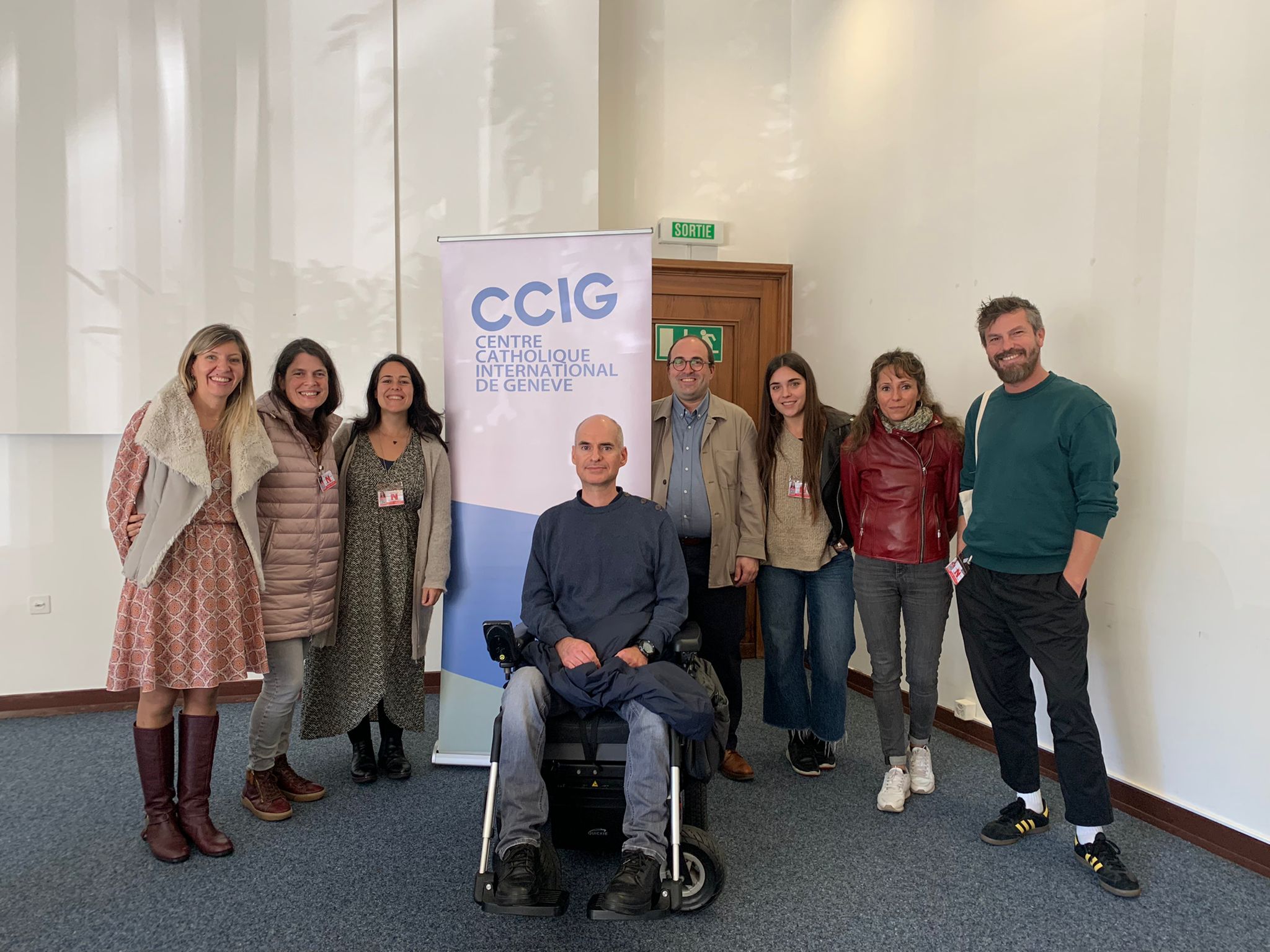
After the interruption imposed by the Covid 19 pandemic, CCIG resumed in-person training activities through a new edition of the training session on the United Nations Human Rights Mechanisms, co-organized with the UNESCO Etxea (UNESCO Basque Country Centre), which took place within the premises of the CCIG in Geneva from the 3 to the 6 of October 2022, in conjunction with the 51st session of the Human Rights Council.
The training session was addressed to local civil society representatives from the Basque Country particularly committed to fight discrimination and promote diversity. Having already a very good expertise at the local level, training participants come to Geneva with the expectation to learn more about the UN Human Rights mechanisms and receive insights on how these mechanisms, together with the OHCHR, are contributing to enhance equality and counter discrimination. Accordingly, trainers’ presentations addressed the functioning of relevant UN bodies/mechanisms such as the Human Rights Council, the Universal Periodic Review, the Special Procedures and the Treaty bodies. Furthermore, thematic inputs were provided on “Business and Human Rights: From the UN Guiding Principles to a legally binding Treaty” and “Empowering Youth for the Promotion of Human Rights and Non-discrimination”.
The participants also had the chance to meet with a State representative and a member of the UN Committee on Economic, Social and Cultural Rights to learn how these different actors contribute to the promotion of human rights globally.
Finally, the training was complemented by the attendance at some sessions of the 51st UN Human Rights Council and in the Side Event “EquiTalks: Bridging our Diversities through Human Rights Education.”
The participants have showed their appreciation for the training received and demonstrated a growing sense of commitment to search for concrete ways to ensure better human rights implementation in their local communities.